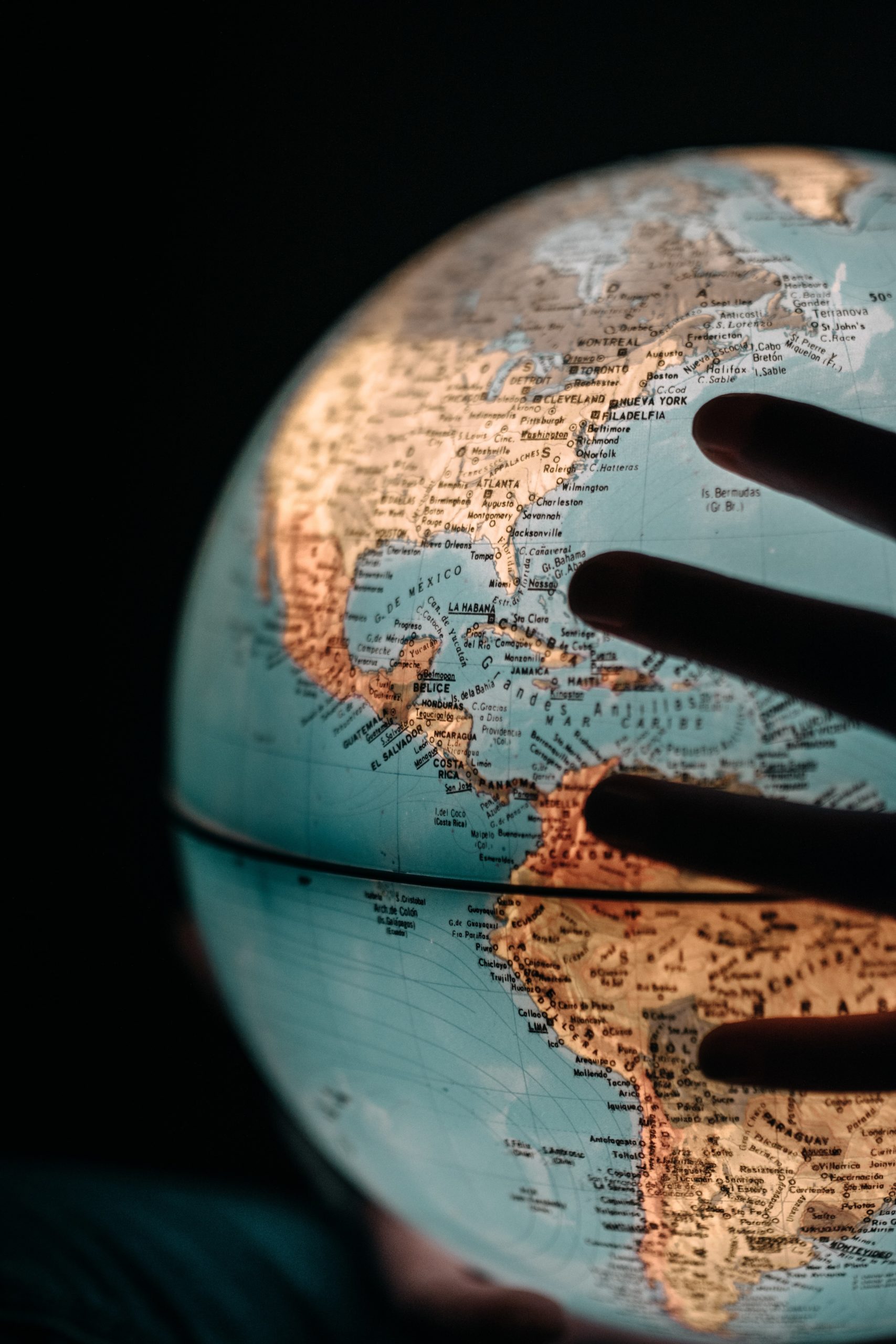
Scrutinizing discourses of international protection with Professor Philippe-Joseph Salazar
How do discourses on refugee protection reflect prevailing attitudes, prejudice, (asymmetric) power structures, and established truths? PROTECT’s International Advisory Board member and distinguished rhetorics professor, Philippe-Joseph Salazar unpacks our words.
Photo: Unsplash

What follows is a reiteration of the remarks made by Professor Salazar after observing talks and presentations given during PROTECT’s Kick-off Conference and first General Assembly in Brussels on 9 – 10 March 2020.
Professor Salazar starts by addressing PROTECT’s involvement in mapping and analyzing discourses of international protection in order to assist the European Commission, its funding agency, in framing a common asylum policy:
Discourse of self-perceived position of power
It is first of all interesting to notice how the funding agency expects most of the discourses to crystallize in the form of outcomes. From the discourses listened to so far, a self-perceived position of power seems to transpire. Many discourses have a binary form: we/the policymakers, thus setting academics on the same level of the latter, but almost as the alternative if not in opposition to them. This obscures the fact that they – the policymakers – have attended the same schools as us – researchers.
The critique advanced to the policymakers and to the general public reinforces this self-endowment with power: this is evident when the public is criticized for its “maritime psychosis”, for instance. The public – European citizens – is thus characterized as lacking knowledge: they have myths, psychoses, we (experts) are scientific, we speak “the truth”.
Also, politicians are tactical – they respond to emergencies – we are strategic. An interesting – yet not unproblematized – way of perceiving the issue. There might rather be a lack of self-criticism: critiques addressing ourselves might be necessary.
Discourse of democratic displacement
Citizens are thus voiced in a critical way: sovereign citizens of the EU are treated and represented in terms of “public attitude”, “public opinion”. Perhaps the question of sovereignty should also be raised. These citizens are sovereign. They are not giving their mere opinion: they are constituting their politics in a democratic way. The call made to resort to “gurus” in order to “dominate the narrative” further entrenches the displacement of sovereignty and places it into the hands of experts in communication.
Discourse of uncritical tropes
Rhetoric tropes or truths “taken-for-granted” (Thomas B. Farrell) cast light on the presuppositions of a discourse. These are often floating signifiers, such as “burden-sharing”. Here, despite criticizing the rhetoric of politics, the assumption seems to be shared with the politicians: the only difference is that it is a solidary or fair “burden-sharing” that is sought for.
Yet the term evokes the “white man’s burden” of Western imperialism from bygone days. Why speaking of “burden” rather than, say, of generosity, or even more radically, of love? Why not talking about the generosity and the love of the European and Western Citizens toward the migrants and refugees they welcome? Why not declare a “differend” (Lyotard) and forge our own Consortium glossary in order to better achieve the aims set by the Commission?
Discourse of soft law and legal asymmetry
As it has been stressed in this conference, in particular by Prof. Kees Groenendijk, immigrants and refugees are ever more integrally being included in the domain of soft law. What emerges is in fact an ideological asymmetry in the usage of the Law: immigration and asylum law is often useful to protect fellow-countrymen abroad, and it is then ignored when it would force to receive people from outside one’s country.
Soft law and law, in general, are positioned asymmetrically: first, soft law seems a positive achievement in the light of enfranchising migrants and refugees, but is it not a way of subjectifying them also? Extending laws to cover them: this means making them subject. Second, it places EU citizens entirely under the purview and power of the Law, while setting aside soft law procedures to the management of migrants. This asymmetry questions democracy.
Discourse of biopolitics
Migrants are “bodies”, this is how they are represented in the media. Masses of bodies, more than human individuals, to be dealt with. Since Foucault, there is a word for it: biopolitics. This is expressed through our own discourse: they are “voiced by” agencies (and us, experts, NGOs), and legalized through soft law.
Refugees, migrants, active and free human beings, are “being taken care of”, that is to say, somehow, first “taken” (off boats) and then disposed of according to procedures set by the EU. This is a genuine biopolitical operation. It raises a more fundamental, ideological question: Are we not manufacturing a new underclass, as we – intellectuals and academics – traditionally did with the working class, now extinct in Europe, so as to use them as vehicles of historical transformation?
Are we not instrumentalizing them in a Hegelian move, as the lever of change in history? In sum: it is in this way that the polarity and the oppositions outlined in the previous points are paradoxically reconciled: we assume the language of the European Union, we as academics who employ the language of the political institution. This is also a way to make up for the lack of a transdisciplinary language, to render it less evident, together with the difficulties it carries with. This critique is thus meant as an enabling instrument.
Meet Professor Salazar

Professor Philippe-Joseph Salazar is Distinguished Professor in Rhetoric at the Faculty of Law at the University of Cape Town, South Africa where he directs the Faculty of Law’s Centre for Rhetoric Studies. Salazar is a member of PROTECT’s International Advisory Board and was present for the project’s first General Assembly.
In addition to his comprehensive and varied research, Professor Salazar widely engages in public speaking. He has also published several books, the most recent on the global resurgence of supremacist ideology and the discourse of white supremacy (September 2020).
Photo: The Oppenheimer Memorial Trust
